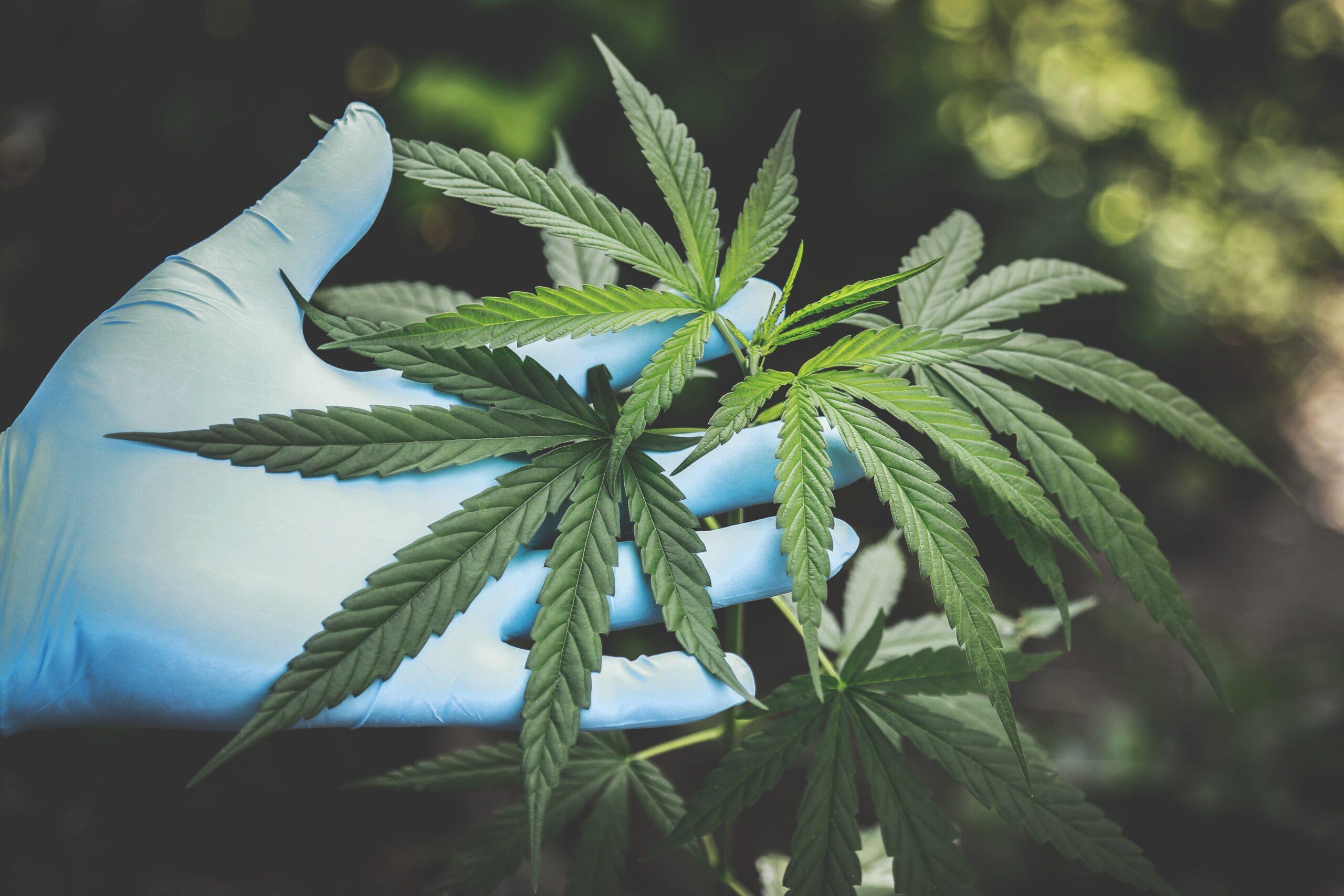
CBD vs. Cannabis in Car Accidents

People typically assume that it is illegal for anyone to drive under the influence of an impairing substance, particularly those related to cannabis. As marijuana laws and our understanding of controlled substances evolve, though, it may become more challenging to determine what is considered unlawful impairment.
While most people use the terms cannabis and marijuana interchangeably, cannabis is an umbrella term used to describe the cannabis sativa plant from which marijuana and more than 500 other chemical substances are derived. The distinctions between CBD and cannabis could affect liability in the event these substances are found in a motorist’s system after a vehicle wreck. A seasoned injury attorney could help you understand your legal options depending on whether a motorist was impaired by CBD vs. cannabis in a car accident.
CBD and Hemp Products Are Not Impairing
Marijuana contains significant amounts of tetrahydrocannabinol (THC). THC is the chemical responsible for the altered mental state this drug produces when someone ingests or smokes marijuana products. The federal government defines cannabis containing 0.3 percent or less THC as industrial hemp.
Under the Agriculture Improvement Act of 2018, often called the Farm Bill, the federal government removed hemp from the schedule of controlled substances, legalizing hemp and CBD nationwide. Maryland followed suit, legalizing hemp-derived products if they contain 0.3 percent or less THC. Because CBD and hemp products are no longer controlled substances under state law, they will typically not serve as a basis for receiving a DUI charge.
While users may believe they cannot be liable for car accidents because of CBD, the lack of stringent oversight means that many products marketed as CBD contain cannabis with more than 0.3 percent THC. Users should be cautious of any products they buy and avoid the risk of causing a car accident by not driving whenever they feel even slightly impaired.
Marijuana Affects the Ability to Drive Safely
Maryland legalized medical marijuana in 2017, and recreational marijuana up to 1.5 ounces is legal as of July 2023 for adults over 21. However, under Maryland Code § 21-902(c)(1)(i), it is still illegal to drive while impaired by marijuana. Law enforcement does not use an objective value of THC levels when determining whether someone will face charges for driving high. Instead, someone can face DWI charges based on an officer’s observation of whether they appear impaired.
THC poses a danger to drivers because it enhances brain cell receptors and can result in:
- Paranoia and hallucinations
- Impaired memory
- Slow reaction times
- Mood changes
- Difficulty solving problems
- Distorted sense of reality
When someone causes an accident while impaired by marijuana, they should also be accountable for the damage they cause to other people. A determined attorney could help build a case demonstrating why a reckless motorist should be liable for a car accident they caused under the influence of CBD or cannabis.
A Seasoned Attorney Could Explain How CBD and Cannabis Impact Car Accident Cases
While CBD and marijuana are both legal substances to possess in moderation, there are consequences for being under the influence of these substances while driving. CBD is unlikely to affect someone’s ability to drive or serve as the basis for legal action, but a product could erroneously contain more than the legal dose of THC. Marijuana is legal to consume, but driving with a THC level that impairs the brain can lead to DUI or DWI charges.
If you are injured by someone you suspect was high behind the wheel, you should also know you have the right to take civil action against the negligent driver. Through a successful claim, you could recover payments for losses such as medical bills, lost wages, and property damage. To discuss your experience with CBD vs. cannabis in a car accident, call an experienced injury attorney at Price Benowitz.












